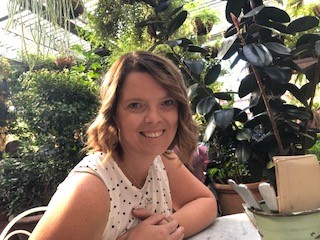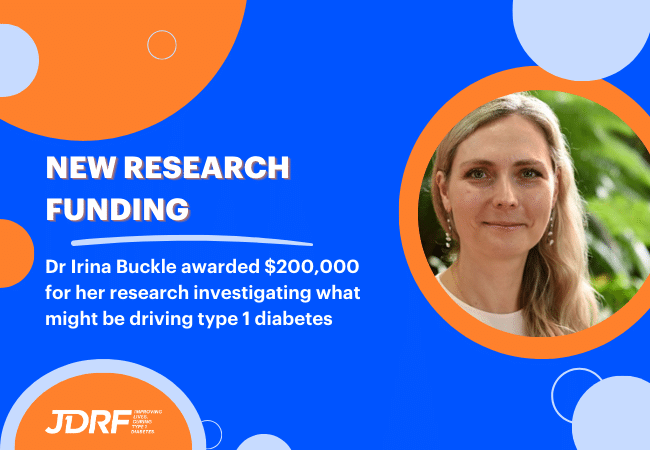Meet Melanie Cullen: a personal touch to a professional challenge
 Melanie Cullen’s son Will was two years old when he was diagnosed with type 1 diabetes (T1D). Will is now 18 years old and Melanie has learnt a lot about her son, his diagnosis and what it means for everyday life.
Melanie Cullen’s son Will was two years old when he was diagnosed with type 1 diabetes (T1D). Will is now 18 years old and Melanie has learnt a lot about her son, his diagnosis and what it means for everyday life.
“My experience (of T1D) was like being hit by a tidal wave of information and emotions. The learning curve is so steep, and you have no choice but to adapt because that is what your life is from that point on,” Melanie said.
Prior to Will’s diagnosis, Melanie was a psychologist in youth health, and around 12 months after his diagnosis she started a job working as the paediatric psychologist at a diabetes service. This role requires her to work with the diabetes educators, dietitians, endocrinologists and families.
Melanie also works at JDRF in the Insulin Pump Program and is now JDRF’s mental health lead.
Combining both her personal and professional knowledge, Melanie is able to share many insights and helpful tips for parents of children and teens with T1D.
She previously spoke at JDRF’s Type 1 Summit, offering practical strategies on how to balance living with a type 1 teen. (You can watch the talk and get the tips here.)
She notes that the transition of life stages can be difficult. “When they’re growing up, it’s the parents who have to do everything in managing the condition, and then as they get older and a bit more independent it becomes harder, there has to be a balance,” she said.
“We know at this age that kids have so much else going on that diabetes is almost the last thing they want to think about. You need to be able to back away a little bit, but also to still be able to keep them safe and be sure that all the other diabetes related tasks are happening.
“It’s a tricky time because there’s lots of different things that are much more important to a teenager than diabetes.
“We aimed to show parents that all the challenges with teenagers are really normal and then try to give them practical strategies to situations that might come up, practical strategies for living with their teenager in the most positive way they can.”
Melanie’s biggest parenting tip is simple: talk.
“Have open communication and take the burden off them if you can. Even though as teenagers they’re older now, T1D is still a burden, and we need to be able to take it from them as needed. This could be as simple as doing the tasks they ask us to do, just take over the management when they ask you to. For whatever reason your child doesn’t want to take control, be happy in those moments to take that burden from them.”
“And don’t let it go too long between talking about it because it may not be obvious that your child is struggling.”
Her other tip is to try not get angry at your teenagers when they forget or don’t do the things they might be needing to.
“Kids are often living in the moment and their priorities are in that time. It’s about managing your different expectations because the way you think about things is going to be different to the way they think about things.
“These kids are so resilient. Type 1 diabetes can often bring out so much strength and it often amazes me how they manage to deal with all that diabetes throws at them. Of course it’s not easy and the burden of type 1 is big, but I believe kids are much stronger than we often think they are.
“As parents, we must be able to trust them, especially as they get older. They may not always seem like they’ve got it but generally they do and our role is to support them in this. The other thing I’ve learnt and love seeing is the empathy kids with T1D show others like them.
“I just want my son to be able to live his life like everyone else and do the things other kids his age are able to do without diabetes getting in the way. Diabetes just gives us a few more steps in the process. It’s only when we don’t do our part that it stops us.”




